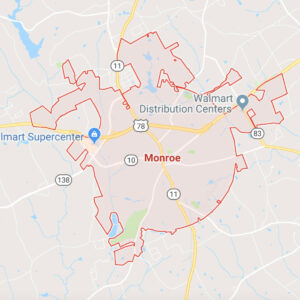
Transcript:
Sepsis is a complication of an infection that has become life-threatening. The final stage of sepsis is septic shock, at which point the infection has become either so severe or so widespread that it causes organ failure and low blood pressure. Sepsis and septic shock are both critical conditions that require immediate medical attention.
Any infection can become life-threatening, but sepsis most commonly stems from pneumonia and abdominal, kidney, or bloodstream infections. A person with sepsis usually suffers from fever, a confused mental state, and breathing difficulties. They may exhibit low blood pressure and a fast heart rate.
Sepsis should be treated as soon as possible, before it advances to severe sepsis or septic shock. In addition to all the symptoms of severe sepsis, a person in septic shock exhibits critically low blood pressure that doesn’t respond to fluid replacement. A person suffering from septic shock may also have pale and cool arms and legs, and may experience chills and disorientation. Once an infection has progressed to severe sepsis or septic shock, it becomes more difficult to treat, and the mortality rate rises.
Certain factors increase the risk of a person developing sepsis, including advanced age, a weakened or compromised immune system, a pre-existing illness, injury, or infection, and the use of indwelling catheters and similar invasive devices.
Because of their age and weakened immune systems, nursing home residents are at increased risk of developing sepsis. Additionally, using medical instruments like urinary catheters, IVs, or feeding tubes, places residents at an even higher risk for sepsis. As such, nursing homes should use all reasonable care to prevent sepsis and safeguard their residents from infection. One way they can do this is by carefully monitoring residents’ use of catheters and feeding tubes.

If a nursing home neglects to take the right precautions or provides inadequate treatment, and a resident develops sepsis or septic shock, then the nursing home may be responsible for related medical expenses and additional costs, including pain and suffering.

If your loved one developed sepsis or septic shock at a nursing home or assisted living facility, and you are wondering if you have a claim, please feel free to call and speak to one of our experienced Georgia nursing home neglect lawyers today. Our consultations are always free. If you would like more information about this topic, be sure to click on our other videos, or better yet, click the subscribe button to subscribe to our YouTube channel. Thank you.




